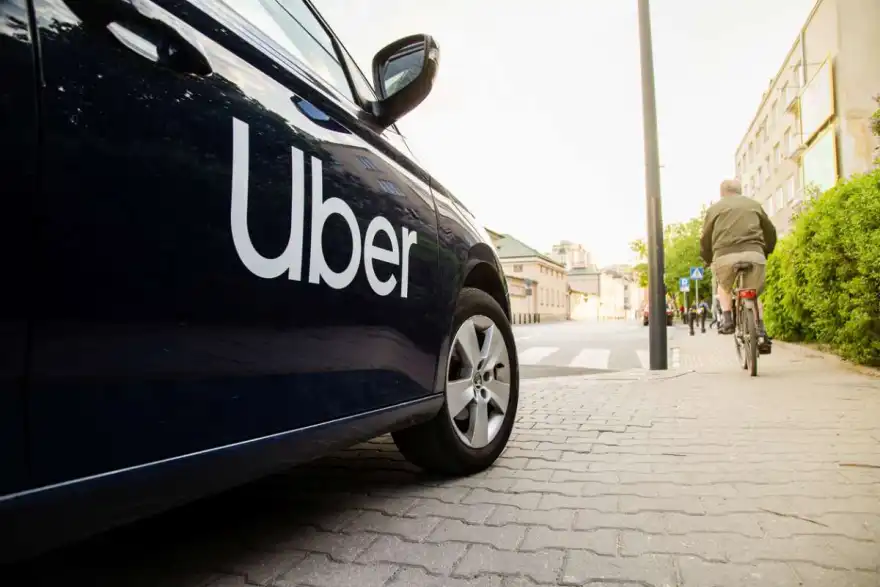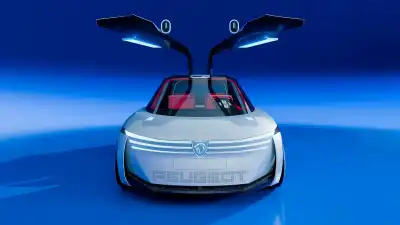
Uber has announced a strategic deal with China's BYD to integrate 100,000 electric vehicles (EVs) into its global fleet.
Under this multi-year agreement, Uber drivers will receive incentives to transition to EVs, including discounts on maintenance, charging, financing, and leasing. The rollout will begin in Europe and Latin America, with plans to expand to the Middle East, Canada, Australia, and New Zealand.
This initiative comes at a time when global EV sales have decelerated, and Chinese car manufacturers are facing increased import tariffs in markets such as the US and the European Union.
The collaboration aims to reduce the total cost of EV ownership for Uber drivers, thus accelerating the adoption of EVs on Uber's platform and offering millions of riders more eco-friendly transportation options. Additionally, the companies plan to integrate BYD's self-driving technologies into Uber's system.
Earlier this year, Uber partnered with Tesla to promote EV adoption among its US drivers and announced plans to develop a dedicated EV with South Korean automaker Kia.
Recent tariff increases on Chinese-made EVs by the US, the European Union, and other major markets are intended to protect their local car industries. In response, BYD and other Chinese EV manufacturers are expanding production outside China.
In July, BYD signed a $1 billion deal to establish a manufacturing plant in Turkey, with an annual capacity of 150,000 vehicles and the potential to create 5,000 jobs by the end of 2026. The previous month, BYD inaugurated an EV plant in Thailand, its first in Southeast Asia, expected to produce 150,000 vehicles annually and generate 10,000 jobs.
BYD also plans to build a manufacturing plant in Hungary, marking its first passenger car factory in Europe, and another in Mexico.
Supported by US investor Warren Buffett, BYD is the world’s second-largest EV company, following Tesla.



